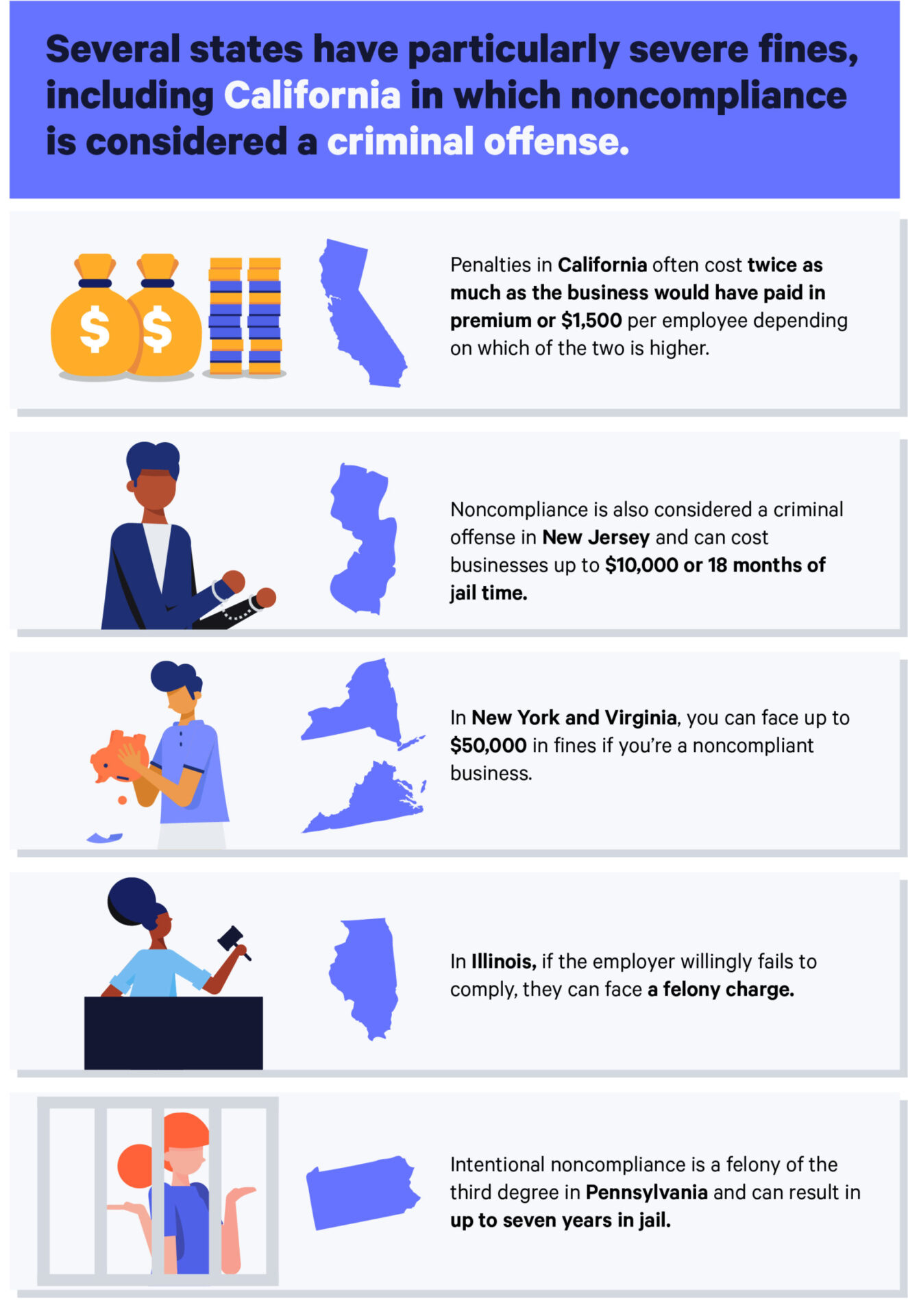Did you know that the only thing more complicated than a day trader's strategy is keeping track of all the regulatory bodies that monitor them? In this article, we break down the essential regulatory frameworks overseeing day trading brokers, highlighting key players like the SEC, FINRA, and FCA. We discuss their roles in ensuring broker compliance, the penalties for non-compliance, and the licensing requirements brokers must meet. Additionally, we explore how international regulations affect cross-border trading and the impact of anti-money laundering laws. Stay informed and empowered with insights from DayTradingBusiness to navigate the complex landscape of trading regulations.
Who are the main regulatory bodies overseeing day trading brokers?
The main regulatory bodies overseeing day trading brokers are the SEC (Securities and Exchange Commission) and FINRA (Financial Industry Regulatory Authority) in the U.S. and the FCA (Financial Conduct Authority) in the UK.
How does the SEC regulate day trading brokers in the US?
The SEC regulates day trading brokers in the US by enforcing securities laws, requiring registration as broker-dealers, and ensuring compliance with financial standards. They monitor broker conduct, examine trading practices, and enforce rules against fraud and manipulation. The SEC also enforces disclosures, maintains transparency, and reviews broker financial stability to protect investors.
What role does FINRA play in broker compliance?
FINRA enforces rules that ensure broker compliance with securities regulations. It conducts audits, monitors trading activities, and investigates violations. FINRA also sets standards for broker conduct, licensing, and ethical practices. Its role is to protect investors and maintain market integrity by holding brokers accountable.
Are CFTC regulations applicable to day trading brokers?
Yes, CFTC regulations apply to day trading brokers if they are registered as Commodity Trading Advisors or involved in futures trading.
How does the FCA oversee UK day trading brokers?
The FCA supervises UK day trading brokers by enforcing strict licensing requirements, monitoring their financial stability, and ensuring they follow anti-money laundering and client protection rules. They conduct regular audits, review trading practices, and investigate misconduct. The FCA also mandates transparency and clear communication with clients, enforcing rules against misleading advertising. If brokers breach regulations, the FCA can impose fines, revoke licenses, or take legal action to protect traders and maintain market integrity.
What is the role of ASIC in regulating Australian day trading brokers?

ASIC oversees Australian day trading brokers by setting and enforcing rules to ensure fair trading, transparency, and investor protection. It licenses brokers, monitors compliance with financial standards, investigates misconduct, and enforces penalties for violations. ASIC’s role is to maintain market integrity and protect traders from fraud and unfair practices.
How do European regulators like ESMA impact broker compliance?
European regulators like ESMA enforce strict rules on brokers, requiring them to follow transparency, capital, and client protection standards. They set boundaries on leverage, mandate clear disclosure of risks, and monitor for market abuse. Brokers must comply with ESMA's guidelines to operate legally in Europe, which ensures fair trading practices and safeguards investor interests. Non-compliance can lead to fines, license bans, or operational bans within the EU.
What licensing requirements must day trading brokers meet?
Day trading brokers must be licensed by the relevant financial regulatory bodies, such as the SEC and FINRA in the U.S. They need to register as broker-dealers, comply with capital requirements, and adhere to strict rules on client funds, transparency, and reporting. Additionally, they must follow anti-money laundering (AML) laws, conduct regular audits, and implement robust cybersecurity measures.
How do regulatory bodies enforce broker compliance?
Regulatory bodies enforce broker compliance through regular audits, monitoring trading activities, and reviewing financial reports. They impose penalties like fines, license suspensions, or revocations for violations. Authorities also require brokers to implement strict internal controls, conduct staff training, and submit compliance reports regularly. They may conduct surprise inspections and investigate suspicious trading behaviors to ensure adherence to laws and regulations.
What penalties do brokers face for non-compliance?

Brokers face fines, license suspension, or revocation for non-compliance. They can also be sued for damages, forced to cease operations, or face criminal charges if violations are severe. Regulatory bodies like the SEC or FINRA impose these penalties to enforce trading rules and protect investors.
How can traders verify a broker’s regulatory status?
Check the broker’s registration on official financial regulatory authority websites like the SEC, FCA, or ASIC. Look for licensing details, registration numbers, and compliance history. Contact the regulator directly if needed to confirm the broker’s status. Review the broker’s official website for licensing disclosures and regulatory credentials. Use reputable industry watchdogs or comparison sites to verify their regulatory standing.
What are the key compliance standards for day trading brokers?
Key compliance standards for day trading brokers include adherence to SEC and FINRA regulations, AML and KYC requirements, anti-fraud measures, proper capital reserves, and transparent disclosure of risks and fees. They must also comply with SEC Regulation S-P for privacy, and follow FINRA rules on order handling, best execution, and reporting.
Learn about How do broker compliance standards influence day trading practices?
How do anti-money laundering regulations affect brokers?
Anti-money laundering regulations require brokers to verify client identities, monitor transactions for suspicious activity, and report large or unusual trades to authorities. This increases compliance costs and adds operational procedures to prevent financial crimes. Brokers must implement know-your-customer (KYC) protocols and maintain detailed records, which can slow onboarding and trading processes. Failure to comply risks hefty fines and license revocations, pressuring brokers to prioritize AML measures in their day trading operations.
Learn about How Do Anti-Money Laundering Laws Affect Day Traders?
What are the reporting obligations for regulated brokers?

Regulated brokers must submit regular financial reports, client account statements, and anti-money laundering (AML) compliance documents to authorities. They are required to disclose trading activity, ensure transparency, and report suspicious transactions. Additionally, they must provide periodic risk assessments and adhere to audit and internal control reporting standards set by regulatory bodies.
How do international regulations impact cross-border day trading brokers?
International regulations force cross-border day trading brokers to comply with multiple legal standards, requiring extensive licensing, reporting, and transparency. They must navigate differing rules on client protection, anti-money laundering, and capital requirements. Non-compliance risks penalties, license revocation, and reputational damage. Brokers often need local partnerships or subsidiaries to meet specific regulatory demands, which can increase costs and complexity. Regulations also influence trading platform security, customer verification, and dispute resolution processes. Ultimately, international oversight shapes broker operations, compliance strategies, and the services they can offer across borders.
Learn about How Do Regulations Impact Day Trading Capital Requirements?
Conclusion about Regulatory Bodies Overseeing Day Trading Broker Compliance
In summary, understanding the regulatory landscape is crucial for ensuring that day trading brokers operate within legal frameworks. Regulatory bodies like the SEC, FINRA, CFTC, FCA, ASIC, and ESMA play vital roles in maintaining broker compliance, enforcing standards, and protecting traders. By staying informed about these regulations and verifying a broker's status, traders can mitigate risks and enhance their trading experience. For more comprehensive insights into these regulations and their implications, DayTradingBusiness offers valuable resources and guidance.
Learn about The Importance of Regulatory Compliance in Day Trading Success